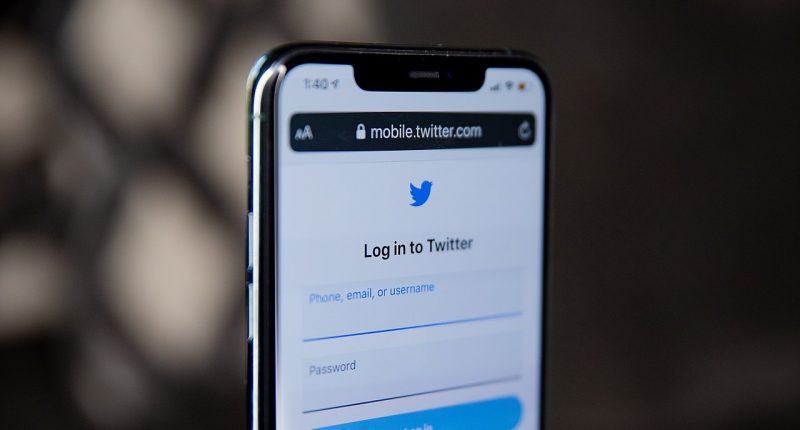Social media is supposed to be a platform where people can come together and share their opinions and discuss topics, free from any autonomous control. However, that is often not the case in real life, as powerful individuals and entities often use their influence to suppress opinions that are critical of them.
This was once again highlighted as popular micro-blogging site Twitter, after receiving a legal request from the Indian government, blocked four accounts in India.
Twitter has had a hard time in India, which also happens to be one of its largest markets in terms of users so far. It has clashed with the ruling BJP-government more than once, from refusing to block accounts on its platform (which it later did), to take down tweets that were harsh and critical of the government’s handling of the pandemic, and so on. The most recent instance was Twitter’s reaction to the new IT laws, which it agreed to comply with after the deadline had passed, although it asked New Delhi to extend the deadline for compliance with the new rules by at least three months, and it also appointed the officers required by the provisions in the new IT laws.
If that is not all, Twitter India’s office was also raided by the Delhi Police to serve a notice over the alleged Congress toolkit row, something which Twitter said was a move to intimidate them, and then received backlash from the Centre, which told it to “stop beating around the bush.”
As for the four accounts which were banned (including those belonging to hip-hop artist L-Fresh the Lion and singer and song-writer Jazzy B), it was said that the accounts were geo-restricted in India, but could be accessed from outside the country, Twitter disclosed on the Lumen database as part of its transparency efforts. Like the majority of the other 1, 000+ accounts Twitter has taken down on the behest of the government, these four accounts criticised not only the agricultural reforms made by the Centre but also the Prime Minister’s ruling in the country.
According to a Twitter spokesperson, if any content violated Twitter’s Rules, then it would be removed from the service. However, if it did not violate the Rules but was determined to be illegal in any particular jurisdiction, then the company would withhold access to the content in the country only (which, in this case, is India). In both cases, Twitter notifies the account holder directly so they are aware that the company received a legal order pertaining to the account.
The Tech Portal is published by Blue Box Media Private Limited. Our investors have no influence over our reporting. Read our full Ownership and Funding Disclosure →





